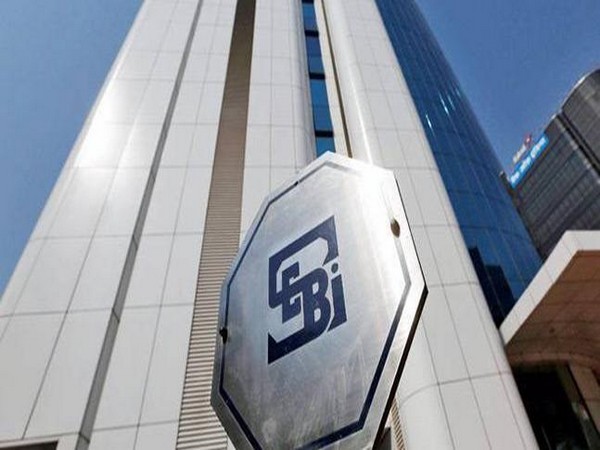Sebi Proposes Reducing Face Value of Corporate Bonds to Enhance Retail Participation
SEBI has reduced the face value of corporate bonds to Rs 10,000 to boost retail investor participation. The board has also approved a framework for unit-based employee benefits in REITs and InvITs. Additionally, SEBI has standardized record dates, harmonized due diligence certificates, and provided flexibility in financial results publication for entities with only non-convertible securities. The board has also cleared proposals to reduce the size of offer documents and cut compliance costs for listed entities. For market infrastructure institutions, MIIs' shareholding pattern disclosure has been simplified. Other ease of doing business measures, such as electronic account statements and streamlined commodity warehouse inspections, will be addressed through circulars.

- Country:
- India
To enhance the participation of retail investors in the corporate bond market, Sebi on Tuesday decided to drastically cut the face value of such debt securities to Rs 10,000 from Rs 1 lakh at present.
The Sebi board in its meeting has also decided to come out with a framework for unit-based employee benefits (UBEB) in the context of REITs (real estate investment trusts) and InvITs (infrastructure investment trusts), the market watchdog said in a statement.
Apart from lowering the denomination, Sebi has standardised the record date for identifying eligible holders, harmonised the format of the due diligence certificate provided by the debenture trustee and provided flexibility regarding publication of financial results in newspapers for entities that have listed only non-convertible securities.
Sebi said that its board approved the proposal to provide an option to the issuers to issue NCDs or NCRPS through private placement mode at a reduced face value of Rs 10,000 along with the requirement to appoint a merchant banker. Such non-convertible debentures (NCDs) and non-convertible redeemable preference shares (NCRPS) should be plain vanilla, interest or dividend-bearing instruments. However, credit enhancements would be permitted in such instruments. To address the inconsistencies relating to the fixation of record dates and to bring uniformity and standardisation in terms of market practice followed by various issuers, the Sebi board approved the proposal that record date for the payment of interest repayment of principal of debt securities or NCRPS should be 15 days prior to the due dates of such payment obligations.
In order to reduce the size of the offer document, the board cleared a proposal that issuers which have listed outstanding non-convertible securities as on the date of the offer document should be allowed to disclose audited financials for the last three years through the insertion of a web-link and QR code in the offer document. With an aim to reduce the cost of compliance for the listed entity, the board approved the proposal that entities with only listed non-convertible securities should have the option to give an intimation with a reference to the QR code and link of the website of the listed entity and stock exchange in the newspapers regarding the financial results of the listed entity instead of disclosure of full financial results.
This option can be exercised by the issuers for outstanding non-convertible securities.
On unit-based employee benefits, Sebi said that the manager of REIT or the investment manager of InvIT can offer UBEB schemes for their employees based on the units of REIT or InvIT.
''The investment manager/manager may receive the units of InvIT/REIT in lieu of management fees, for the purpose of providing unit-based employee benefits. Such units shall be allotted directly to the Employee Benefit Trust so that these units are used exclusively for the UBEB scheme,'' Sebi said.
With the objective of easing compliance requirements for market infrastructure institutions (MIIs), the regulator's board has cleared various proposals, including the proposal that the MIIs may continue to disclose their shareholding pattern in the format applicable to listed companies and are no longer additionally required to disclose it in a separate format. Other decisions related to ease of doing business like issuance of consolidated account statements in electronic form by default, and rationalisation of inspection period of commodity warehouses would be issued by way of circulars, Sebi said.
(This story has not been edited by Devdiscourse staff and is auto-generated from a syndicated feed.)










